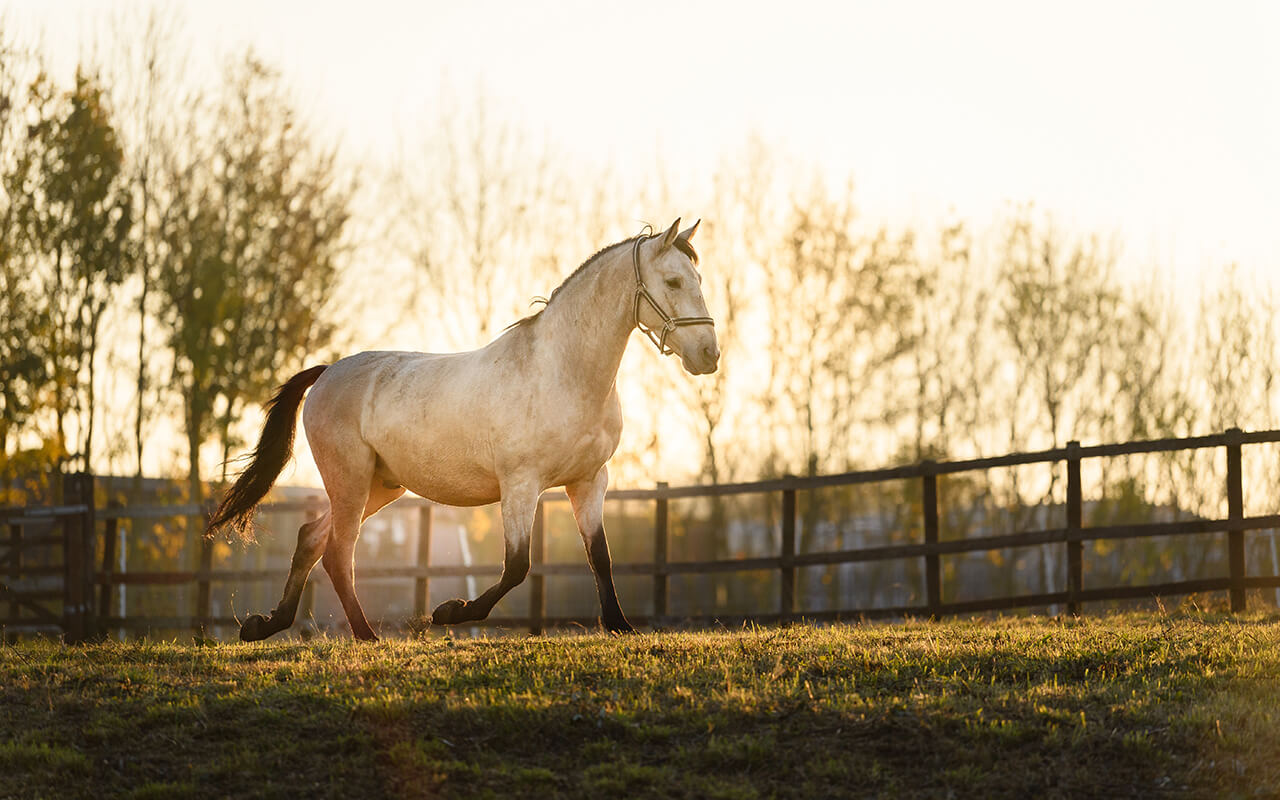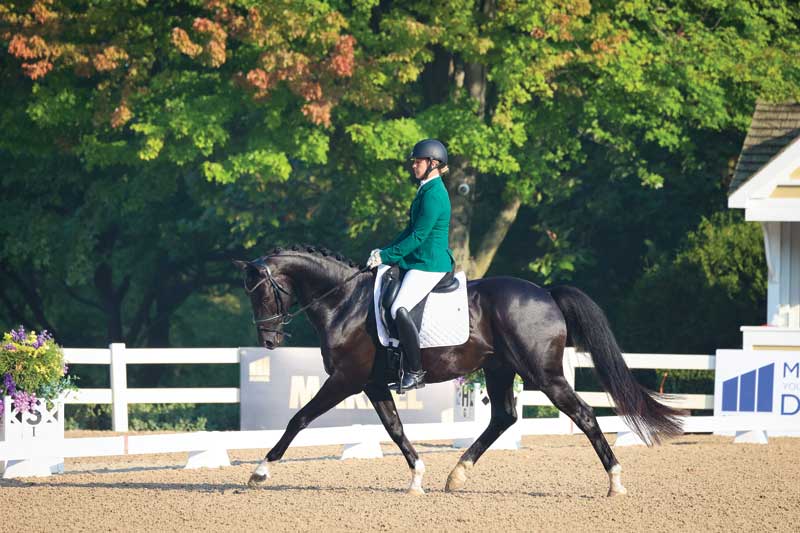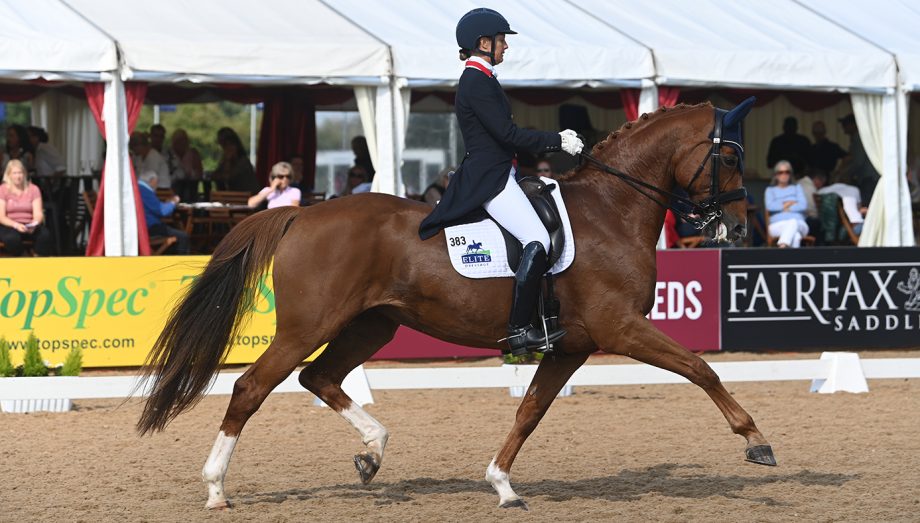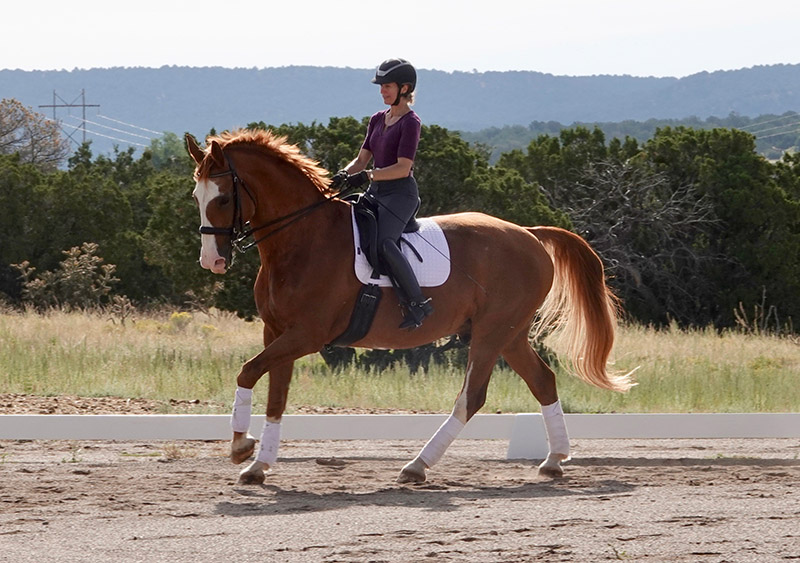The majestic Andalusian horse is known for its elegance, strength, and intelligence. As these horses age, it’s essential to provide them with the best care possible. This Andalusian horse senior care guide will help you understand the unique needs of senior Andalusian horses and how to ensure they enjoy their golden years.

Recognizing the Signs of Aging in Andalusian Horses
Understanding when your Andalusian horse is entering its senior years is crucial. Typically, horses are considered senior when they reach around 15 to 20 years of age. However, each horse is unique, and some may show signs of aging earlier or later. Key signs to watch for include weight loss, decreased energy, and stiffness in movement.
Nutrition: Feeding the Senior Andalusian
A balanced diet is vital for maintaining the health of a senior Andalusian horse. As they age, their metabolism slows, and they may require a diet with more fiber and less protein. Consider incorporating senior horse feeds that are specially formulated to meet their nutritional needs. For detailed feeding tips, check out the feeding guide.
Hydration is Key
Older horses are more prone to dehydration. Ensure your Andalusian has constant access to clean, fresh water. In colder months, consider providing slightly warmed water to encourage drinking.
Regular Exercise and Mobility
Exercise remains important in a senior horse’s routine. Regular, gentle exercise can help maintain muscle tone and joint flexibility. Tailor the exercise to your horses comfort level and consult with a veterinarian for personalized advice.
Monitoring Joint Health
Joint health is a common concern for aging horses. Supplements containing glucosamine and chondroitin can support joint function. Always discuss supplement use with a vet to ensure they’re appropriate for your horse.
Grooming and Skin Care
Regular grooming helps maintain healthy skin and coat, essential for older Andalusians. It also provides an opportunity to check for skin conditions or injuries. For grooming tips, visit our grooming tips page.
Coat Changes
Senior Andalusians may experience changes in coat condition and color. Understanding these changes can help you better care for their skin. Learn more about coat color in Andalusians in our gray coat facts.
Dental Health
As horses age, they can develop dental problems that affect their ability to chew and digest food properly. Regular dental check-ups are crucial. A vet can perform necessary adjustments to ensure your horse can eat comfortably.
Foot Care and Farrier Visits
Proper hoof care is essential for the mobility and overall health of senior Andalusians. Regular visits from a farrier can prevent issues like cracks or infections. To keep your horses hooves in top condition, refer to our farrier schedule.
Regular Veterinary Check-Ups
Consistent veterinary care is paramount for older horses. Regular health screenings can detect issues early and ensure that vaccinations and deworming schedules are maintained.
Vaccination and Parasite Control
Senior horses might have different vaccination and deworming needs. Consult your vet to tailor a program that suits your Andalusians age and health status.
Adapting the Living Environment
Ensure your horse’s living space is safe and comfortable. Provide soft bedding and ensure that they have protection from extreme weather conditions. Consider modifying their environment to make it easier for them to move around.
Social Interaction
Maintaining social interactions with other horses can boost your Andalusians morale. If your horse enjoys company, ensure they have opportunities to socialize regularly.
Understanding Behavioral Changes
Senior Andalusians may exhibit changes in behavior. Increased irritability or lethargy can be signs of discomfort or health issues. Observing these changes and consulting with a vet can lead to early intervention.
Monitoring Weight and Body Condition
Regularly assess your horses body condition to ensure they maintain a healthy weight. Weight loss or gain can indicate underlying health issues that require veterinary attention.
Body Condition Scoring
Use a body condition scoring system to monitor your horses weight accurately. Your vet can help you learn how to assess your horses body condition effectively.
Providing Mental Stimulation
Even in their senior years, Andalusians benefit from mental stimulation. Engaging them in activities and providing new experiences can keep them mentally sharp and happy.
Training and Learning
Continuing training sessions, even at a slower pace, can be beneficial. It keeps their mind active and reinforces the bond between you and your horse. If youre new to Andalusians, check out our beginner suitability guide.
Embracing the Joy of Senior Andalusians
Owning a senior Andalusian is a rewarding experience. Their wisdom and calm demeanor can bring immense joy. By providing them with the care they need, you can ensure they enjoy their senior years to the fullest.
For more information about Andalusian horses, you can visit Star Stable.

FAQs
How often should a senior Andalusian horse see a vet?
Senior horses should see a vet at least twice a year for check-ups, but frequency may increase based on individual health needs.
What type of diet is best for a senior Andalusian horse?
A high-fiber, low-protein diet with senior-specific feed is recommended. Always consult a vet for personalized advice.
Can senior Andalusians still be ridden?
Yes, with appropriate adjustments to their exercise routine and regular health check-ups, many senior horses can still enjoy light riding.
This article contains affiliate links. We may earn a commission at no extra cost to you.








